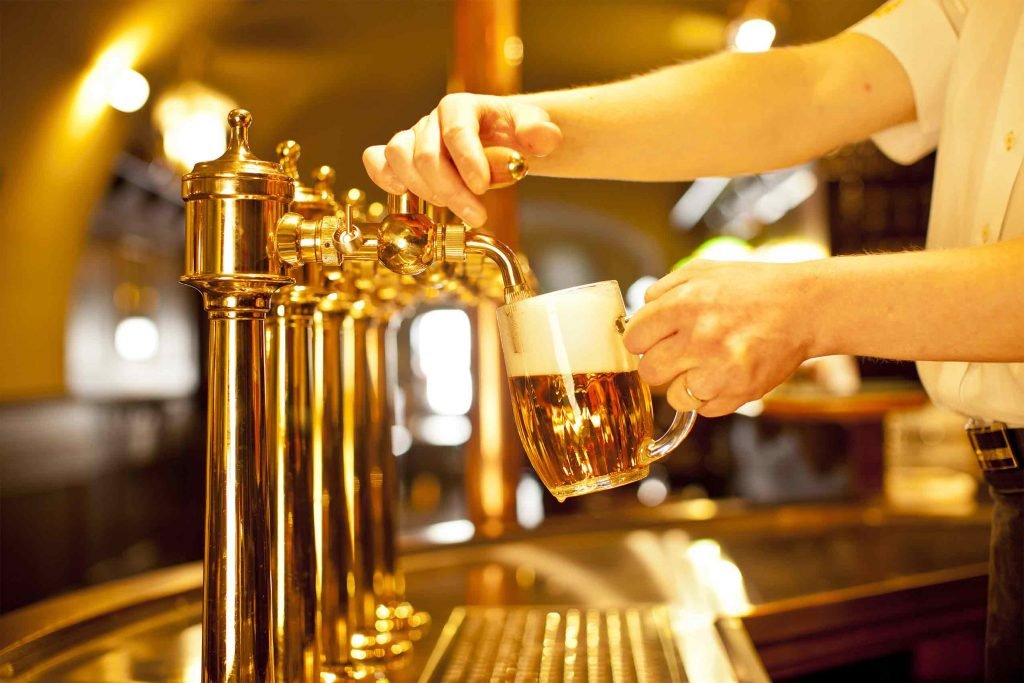

Tips, gratuities, service charges (mandatory or discretionary), tips paid to employees via a cheque/credit charge, cash gratuities paid into a staff box, tips paid directly to employees “in hand”. What a nightmare!!!
So often we are asked, especially by new Licensees; “What policy should I adopt regarding my staff receiving tips?”. Seems simple doesn’t it? Let them keep them, or put them in a box and share them out. BUT a little organisation called Her Majesty’s Revenue & Customs also have some tips on the subject!
There are around 165,000 businesses in the UK where customers giving an employee a tip (not as in “Don’t put red socks in with your whites”) in cash, is traditional. Indeed, it has become pretty mandatory in some businesses, (primarily to supplement wages!!).
Try not giving a waiter a tip in America! We’re on the same journey, in my view. However, back to the advice…
The definition of a tip/gratuity in the eyes of HMRC is:
“An uncalled for and spontaneous payment offered by a customer, either in cash, as part of a cheque payment or as a specific gratuity on a credit/debit card”.
The definition of a ‘Service Charge’ in the eyes of HMRC is:
“An amount added to a customer’s bill before it is presented to the customer. If it is made clear to the customer that the charge is a purely discretionary amount and that there is no obligation to pay, the payment is therefore a voluntary service charge. Where this is NOT the case then the payment is a mandatory service charge and the money is paid out to your staff. National Insurance contributions are always due on the payments no matter what the arrangements are for sharing out the money”.
A ‘Troncmaster’:
“A person, other than the employer, responsible for arrangements to share tips amongst employees”.
Now it gets really confusing! Tips are generally outside the scope of VAT when they are genuinely given freely, but there are loads of sub-sections to this rule (best advice here is “ask your accountant!!).
If customers give cash tips directly to an employee, or leave them on the table, and those individuals keep them without any involvement from the employer then PAYE does NOT apply. It is the individual’s responsibility to inform HMRC how much they have received when filing their tax return.
PAYE however must be paid on all tips paid by an employer to an employee. It is the employer’s responsibility to operate PAYE in this instance.
Throughout the history of pubs and restaurants “tips” have been a contentious and potentially a team-wrecking subject! “Mary gets more than me but she is a lazy ****”, “Bloody waiting staff get all the tips, but it’s us chefs who should get them”, “I don’t get any tips for cleaning the toilets, but you wouldn’t have any customers if they weren’t in perfect condition”, “The bloody Boss keeps all the tips” … and about another thousand moans and gripes around tips can be quoted!
Make sure that whatever you do is compliant with the rules and regulations published by HMRC. A good accountant will ensure this is the case, OR you could spend a few hours reading the material they publish on the subject (if you have problems sleeping, perhaps).
